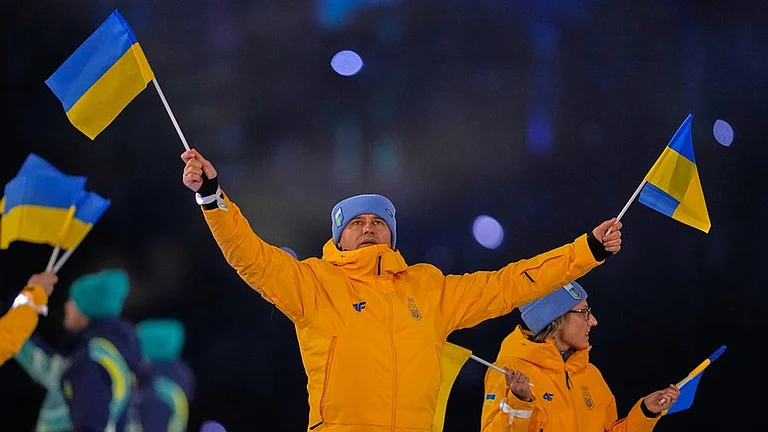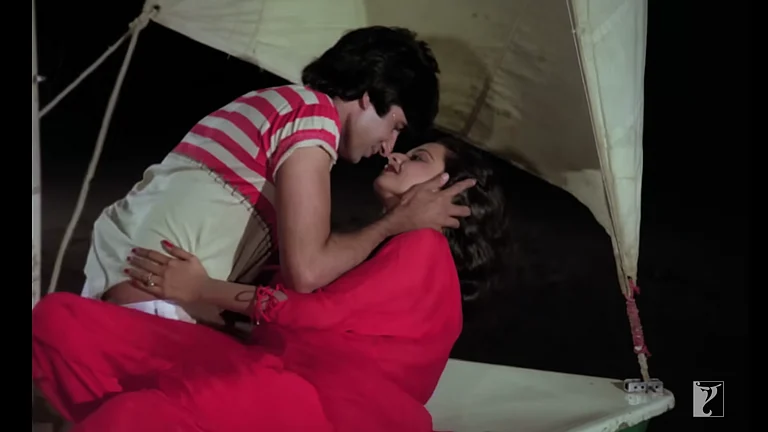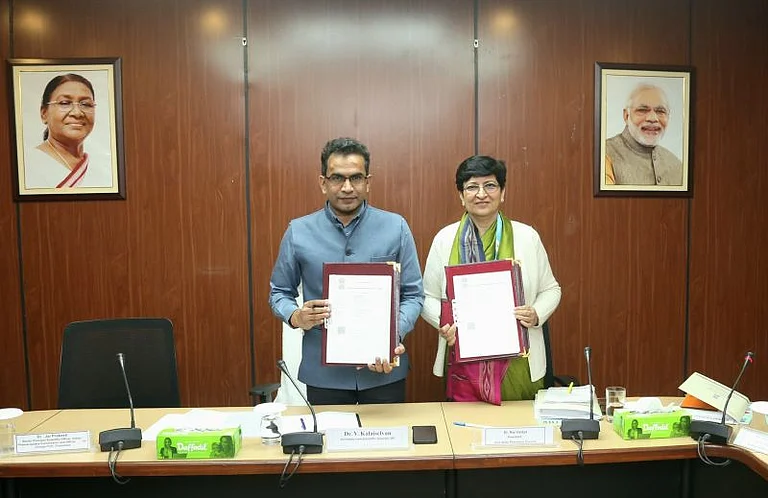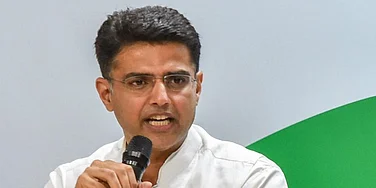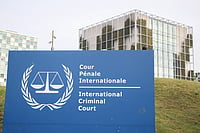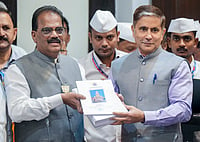In the last few years, India’s creative and intellectual landscape is increasingly under the lens, as artists, writers, and publishers find themselves at the center of legal firestorms for works perceived to offend religious sentiments or question dominant narratives. From protest songs to academic texts, a growing number of cases spotlight the delicate—and often dangerous—tightrope between free expression and public sentiment.
Songs Under Scrutiny
The most recent controversy erupted in Nagpur, where a memorial event for Dalit rights activist Vira Sathidar turned into a legal battle after the poem “Hum Dekhenge” by Pakistani poet Faiz Ahmed Faiz was recited. Originally written in 1979 as a rebuke to authoritarianism, the poem was cited in a police complaint following the Pahalgam terror attack. Complainant Datta Shirke alleged it was inappropriate to read a “Pakistani poet’s words” during a time of heightened tension with Pakistan. A case was registered under Section 152 of the IPC.
This is just one among a series of similar incidents.
In Tamil Nadu, folk singer Kovan (S. Sivadas) has faced repeated sedition charges:
- In 2015, for songs criticizing the state’s alcohol policy.
- In 2018, for a song attacking Prime Minister Narendra Modi and the BJP during Cauvery water protests.
In Tripura in May 2025, content creator Sanu Malakar was harassed by Hindutva activists for singing “Allah Ke Bande Hasde”, prompting a protest by local artists.
In Assam, YouTuber Altaf Hossain was arrested in September 2024 for remixing a Bihu folk song with lyrics inspired by the Bangladeshi protest song “Desh Ta Tomar Baaper Naki” ("Does the country belong to your father?"). Critics said it incited ethnic tensions. The state’s Chief Minister Himanta Biswa Sarma called on citizens to uphold Assamese cultural values.
In 2018, in Bihar’s Rohtas district, eight individuals—including five minors—were arrested for allegedly performing a “pro-jihad” song during Eid. They were booked under sedition and other charges after the video went viral online.
Books That Sparked Legal Outrage
Alongside music, the written word has also come under fire:
Salman Khurshid’s “Sunrise Over Ayodhya” (2021)
A police complaint alleged that the Congress leader compared Hindutva to ISIS and Boko Haram. He faced charges under IPC Sections 153 and 295 for allegedly hurting Hindu sentiments.
Dnyanesh Maharao (2024)
The journalist-author was booked by Kolhapur police for making remarks against Hindu deities at a conference in Navi Mumbai. Charges were filed under Sections 295A and 298.
Textbook Controversy in Rajasthan (2021)
A political science textbook allegedly equated Islam with terrorism, prompting Muslim community leaders to demand action. An FIR was registered, and the books were subsequently withdrawn and destroyed.
Depiction of Prophet Muhammad in Hyderabad (2023)
A Class 4 textbook included a visual representation of the Prophet, violating Islamic norms. The publisher faced charges under Sections 153A, 504, and 120B of the IPC.
Magh Mela Literature Case (2023)
Three people were arrested in Prayagraj for distributing religious literature that allegedly insulted Hinduism. The book’s author, Mahmood Hasan Gazi, was booked under multiple IPC sections and the Uttar Pradesh Prohibition of Unlawful Conversion of Religion Act.
“Collective Violence and Criminal Justice System” in Madhya Pradesh (2022)
Taught at a law college, the book allegedly criticized the Hindu community and the RSS. Following protests from ABVP, the author and publisher were booked.
These incidents underscore a national trend: India’s vibrant culture of dissent and debate is increasingly meeting the blunt force of legal machinery. While the Constitution guarantees free expression, these cases reveal how easily that freedom can be curtailed when art, religion, and politics collide.




